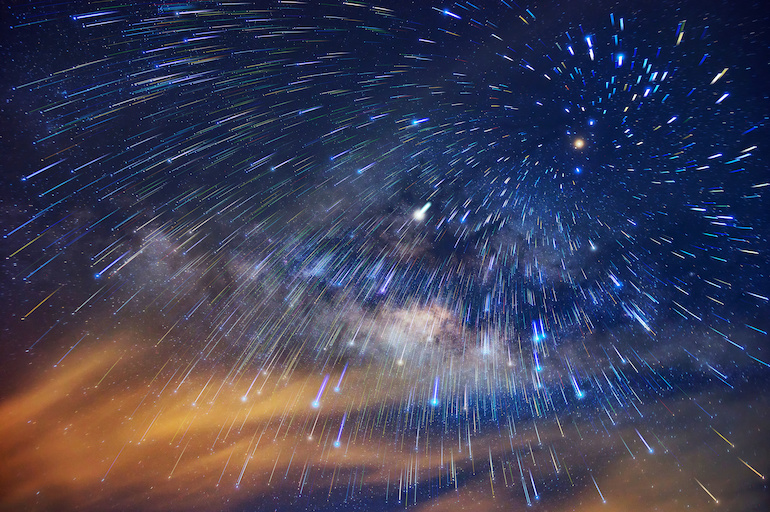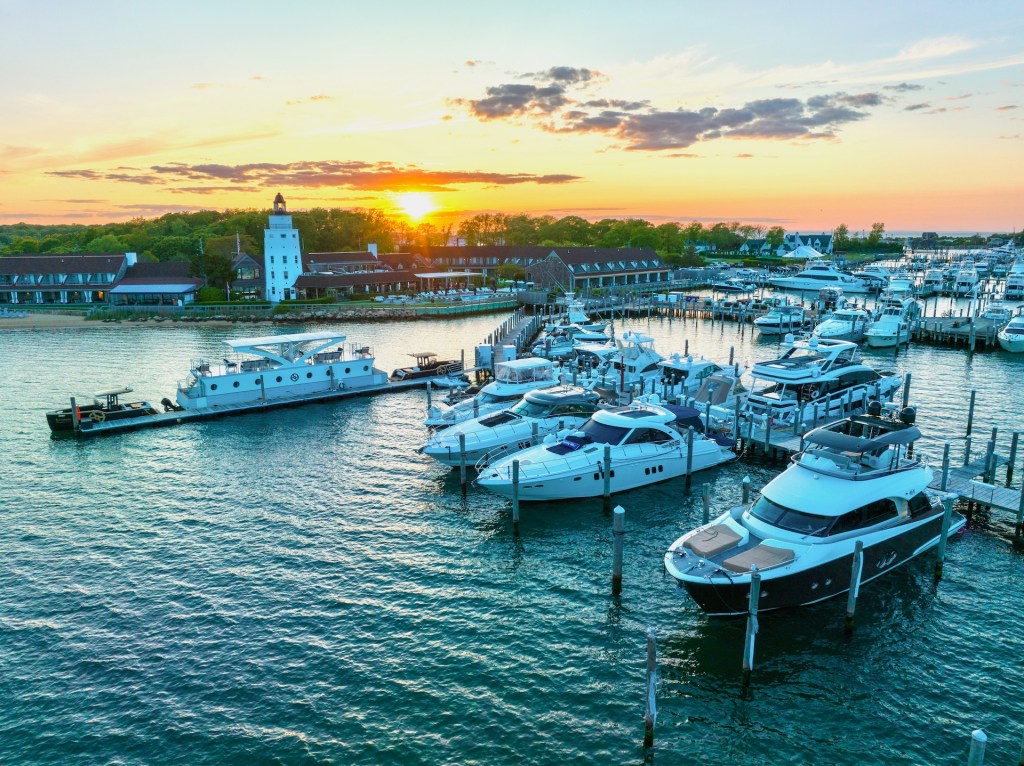Plenty of Stars to See in the Hamptons

Look up as evening envelops the East End. International Dark Skies week may wrap up on Sunday, April 26, and Global Astronomy Month comes to an end on April 30, yet the night sky provides endless opportunity for entertainment, and Hamptons Observatory wants to make sure you enjoy every minute of it.
Hamptons Observatory (or HO, formerly Montauk Observatory), is a 501(c)(3) nonprofit that has served the East End since 2005. Its mission is to foster interest in science, particularly astronomy, through educational programs—a mission that continues even in the most challenging of times.
Although in-person programs for spring and summer at Hamptons Observatory have been canceled due to the coronavirus pandemic, and there are no plans for virtual events in the immediate future (the board has decided to cease all operations until at least the end of June),
Hamptons Observatory Executive Director Donna L. McCormick notes “it’s important to remember that our universe is full of wonders which we still can embrace and enjoy,” and offers a few suggestions:
•Do some planet watching. Venus, now the brightest object in the western sky at dusk and through the first half of the night, will peak in brilliance on Monday, April 27. Jupiter, Saturn and Mars can be seen in the morning sky.
•Check out the Lyrid Meteor Shower: One of nature’s amazing sky shows peaked in the pre-dawn hours of April 22, but the Lyrids may continue to appear until April 30. Typically, McCormick notes, 10 to 15 meteors per hour may been seen around the shower’s peak, but Lyrids are known to have hard-to-predict outbursts that bring the rate up to 100 per hour and can include fireballs. The meteors are debris from Comet Thatcher and may appear in any part of the sky.
•If you’d like to adventure a bit further afield, you can also watch the Northern Lights from the comfort of your own home right here on the East End. Explore.org—the world’s leading philanthropic live nature cam network—has an aurora cam, as well as many others, you can watch for free.
“Each of us has been through hard times over the years and, while during those times it didn’t seem like the crisis would ever end, it did,” McCormick says. “We endured then and we will do so again. We’re together in this and, even though we’re social distancing, we’re still sharing the wonders nature has to offer. When you’re looking up at Venus or the Lyrids or otherwise stargazing, we’re somewhere doing that, too.”



